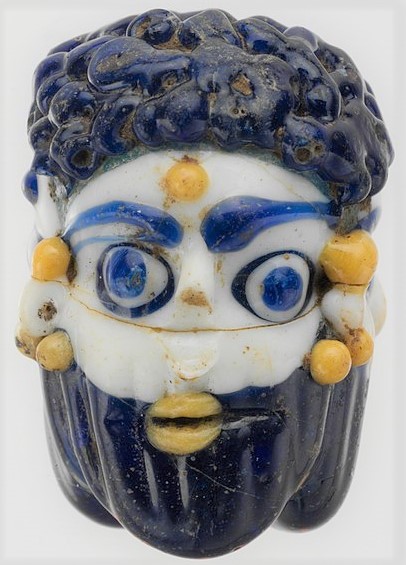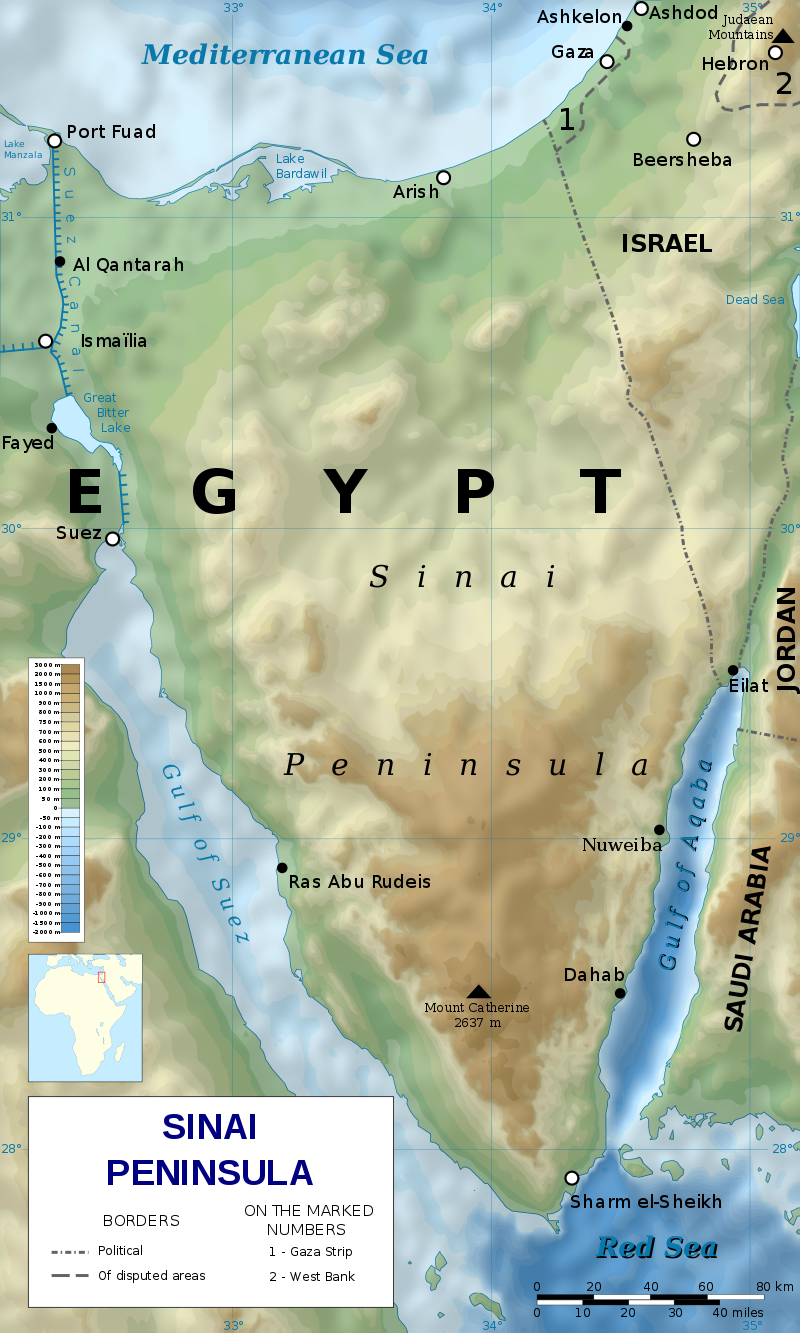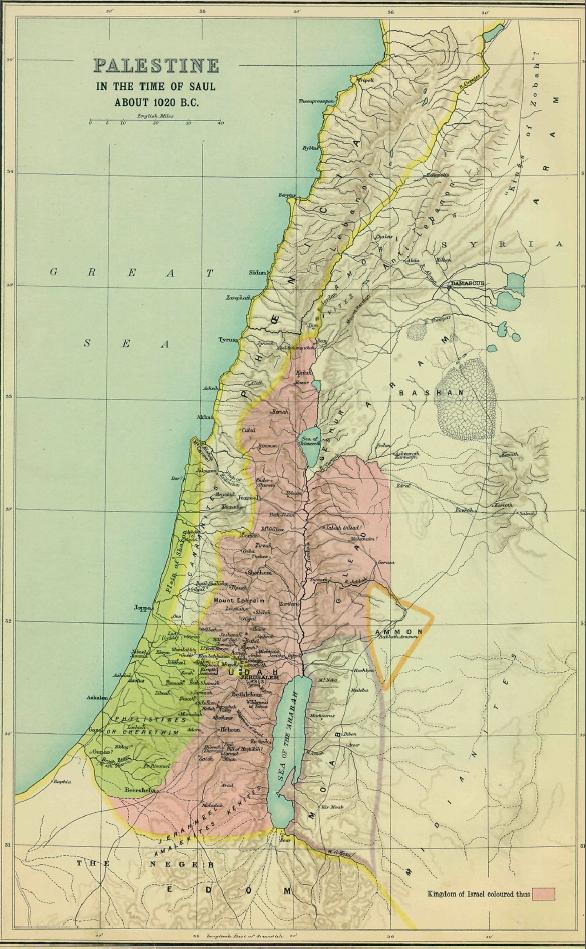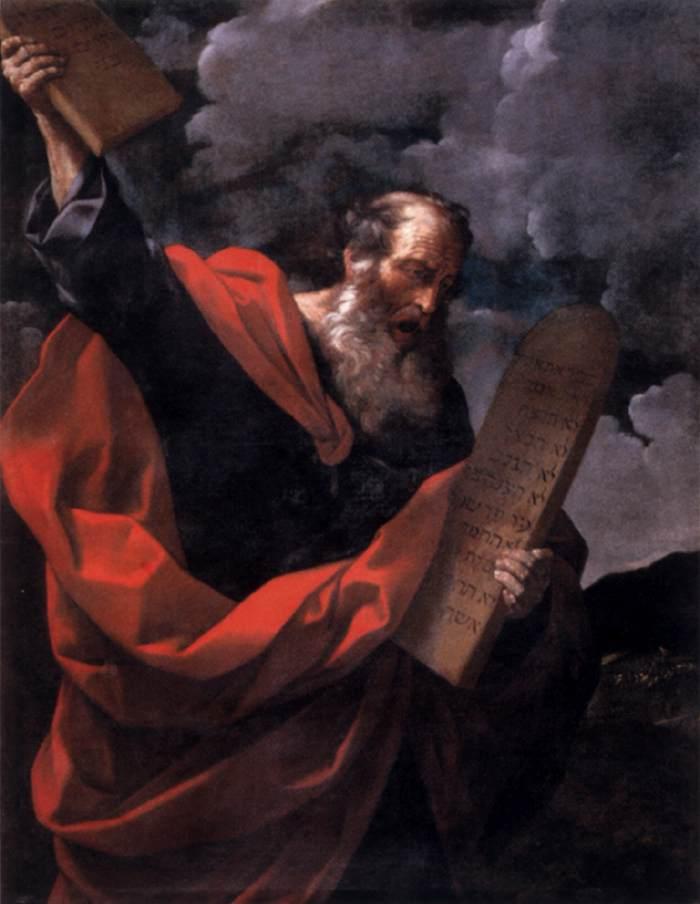The following is an excerpt (Chapter VI, pages 53-58) from Ancient and Medieval History (1946) by Francis S. Betten, S.J. Although some information may be outdated, the Catholic historical perspective it provides remains pertinent. Use the link at the bottom of post to read the previous/following pages. Use the Search box above to find specific topics or browse using the Resources tab above.
CHAPTER VI
THE MIDDLE STATES
The two Syrian peoples that demand notice in a book of this kind are the Phoenicians and the Hebrews. Each of these was an important factor in history.
THE PHOENICIANS
51. The Land and the People. — No nation did more to carry the civilization of the East to western lands than the Phoenicians. This remarkable little people lived on a narrow strip of broken coast, cut off from the rest of Asia by the high ridges of the Lebanon Mountains (see map on page 57). Nature itself seemed to point out to them the sea as their peculiar field. They had good harbors, and the slopes of their mountains furnished excellent ship timber. In the earliest times Phoenician crews began to creep from island to island, now bartering with the natives, now sweeping them off as slaves. About 1800 B.C., when we get our first glimpses of the Mediterranean, that sea appears dotted with their adventurous sails. Farther and farther their merchants daringly sought wealth on the sea, until they even passed the “Pillars of Hercules,” now called the Strait of Gibraltar, beyond which people generally believed one could meet only with inconceivable dangers. The Phoenician articles, found in great abundance in Greece and Italy, testify to the extent and influence of their trade. For centuries they remained the greatest professional sailor folk, the middlemen between the lands of Asia and the western world. Silver, iron, and lead, ivory and ebony, emeralds, rubies, and other precious stones, wheat, oil, wine, wool, yarn, and Oriental spices they transported in their vessels to places where they were rare, and exchanged them for the products of those localities.

52. Their chief export, however, as someone said, was the alphabet. It is sure that, about 1500, when the Egyptians conquered Phoenicia, there was in use the cuneiform writing of the Babylonians. About 1100 we find them with an alphabet of twenty-two letters, which they themselves or others had derived from the Egyptian hieroglyphs. It is of the same class as that used by the Hebrews. From this alphabet the Greek and Latin letters, and through these our own, were gradually formed.
53. Colonies. — In many places on which their trading expeditions carried them more frequently, the Phoenicians established permanent stations for the commerce with the natives. Such stations often grew into regular settlements, called “colonies,” and became the beginnings of cities. These were always independent of the mother land, and formed little states by themselves. Chief among them was Carthage in northern Africa, which grew into a mighty power and later on was to engage in a long struggle with the Romans.

54. The Phoenicians at Home. — Phoenicia never formed one single state.
Its cities always remained little separate kingdoms, each with some amount of democratic government. One or another of the kings attained some degree of greatness. Tyre and Sidon, which easily held the first place, were among the grandest and most splendid cities of the world. There existed a highly cultured class among the inhabitants, though we know next to nothing of Phoenician literature. As to religion, the Phoenicians, like all Syrians, had a low conception of the gods and wild forms of worship with licentious extravagances. The sun god Baal was honored by the sacrifice of children, the moon goddess Astarte by all kinds of voluptuousness. The prophets of Israel had always to fight against the introduction of these abominations into Palestine.
55. The decline of Phoenicia began with the conquest by the Assyrians, followed by the Babylonians, Medes, and Persians. The people easily shifted their allegiance from one to the other, furnished sailors for the fleets of these empires, and architects and workers for the erection of their buildings. The end came when Alexander the Great conquered the land and destroyed the mighty city of Tyre, which so far had remained a prominent commercial center. Tyre never recovered. Fishermen now spread their nets to dry in the sun where formerly its proud towers looked down upon the sea.
THE HEBREWS
FROM ABRAHAM TO MOSES
56. The Patriarchs. — As the Phoenicians were men of the sea, so the Hebrews were to carry out their mission — the greatest any nation has ever had — in the interior of the continent. They are also called Israelites or Jews. No nation has such accurate records of its origin and history as they. God, Himself, called their ancestor, Abraham, a descendant of Sem, away from his home, the ancient city of Ur, where idolatry had become general. God ordered him to settle in what is now Palestine, and promised to make him the father of a great people which was to occupy this very land. In him “all the nations of the world should be blessed,” that is to say, the Redeemer of the world, promised to Adam after the fall, was to come from his descendants. Abraham “believed the Lord.” It must have been about 2000 B.C. that he emigrated from Ur. But for a short stay in Egypt, caused by a famine, he as well as his son and grandson, Isaac and Jacob, lived a nomadic life in the “Promised Land,” for two centuries. God repeated to Isaac and Jacob the pledges given to Abraham. These three men are called the patriarchs of the Jewish nation.
67. Sojourn in Egypt. — Jealousy arising between Jacob’s twelve sons, one of them, Joseph, was sold by his heartless brothers as a slave, but he eventually became the prime minister of the king of Egypt. Soon again a famine broke out. Jacob sent his sons to Egypt to find relief. Here they were recognized by Joseph. He invited his father, Jacob, to come with his whole offspring and settle in Egypt.“ Seventy souls ” they arrived and found in the northeast corner, the region of Gessen (Goshen), a congenial dwelling place. All this happened under the Hyksos kings (§ 29). In Gessen the Children of Israel grew into a large people.
But the time came when the Hyksos rulers were dislodged by the native princes of Thebes. “There arose a new king who knew not Joseph.” Might not the numerous Israelites, in the case of a new attack of nomads from the northeast, side with the invaders? So a systematic persecution began. The king “made their life bitter with hard work in clay and brick and with all manner of service” (Exodus, I, 14). Finally he ordered killed all the male infants born of Israelite mothers.
58. The Exodus. — Among those saved from royal brutality was Moses, whom God eventually chose to lead His people out of the “house of bondage” into the land which He had promised to their forefathers, Abraham, Isaac, and Jacob. But the “ten plagues of Egypt”
had to come, before Pharaoh was inclined to do the bidding of the God of Israel.
The people first turned to the fastnesses of Mount Sinai, where God renewed with them the covenant He had made with their patriarchal ancestors. Under thunder and lightning He gave to them the Ten Commandments, which are chiefly a wonderfully concise and yet complete code of the natural law. They promised to observe it faithfully, together with all the ceremonial and other laws which Moses would make known to them. God in return promised them a special care, such as He did not bestow on any other nation. “They shall be My people and I will be their God.” He added pledges of temporal prosperity and of an independent national existence. Above all He renewed the promise given to Abraham, that the Redeemer of the world would be born from among their number. They were to have the honor of keeping ready for Him a place where the worship of the true God would be actually practiced.
Then began a forty years’ wandering in the desert, during which they were miraculously fed by the manna. In these years Moses perfected the “Law,” consisting of detailed ceremonial, civil, and political regulations. After Moses’ death a new generation entered the Promised Land and undertook its conquest under the leadership of Josue. The corrupt population of Palestine had long provoked the wrath of the Almighty. The land was now divided among the Children of Israel according to their twelve tribes. Contrary to the injunction of God, they did not destroy all the former settlers. The survivors of the latter, though subject to Israel, proved very unfortunate neighbors. Chiefly by mixed marriages, they frequently seduced numerous Israelites to idolatry and the gross immorality connected therewith. (See §54.)


